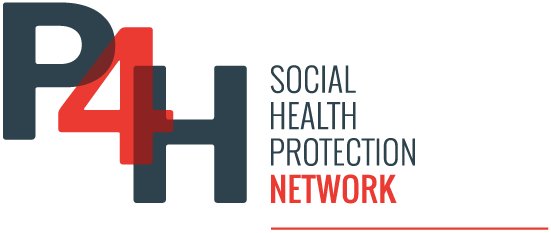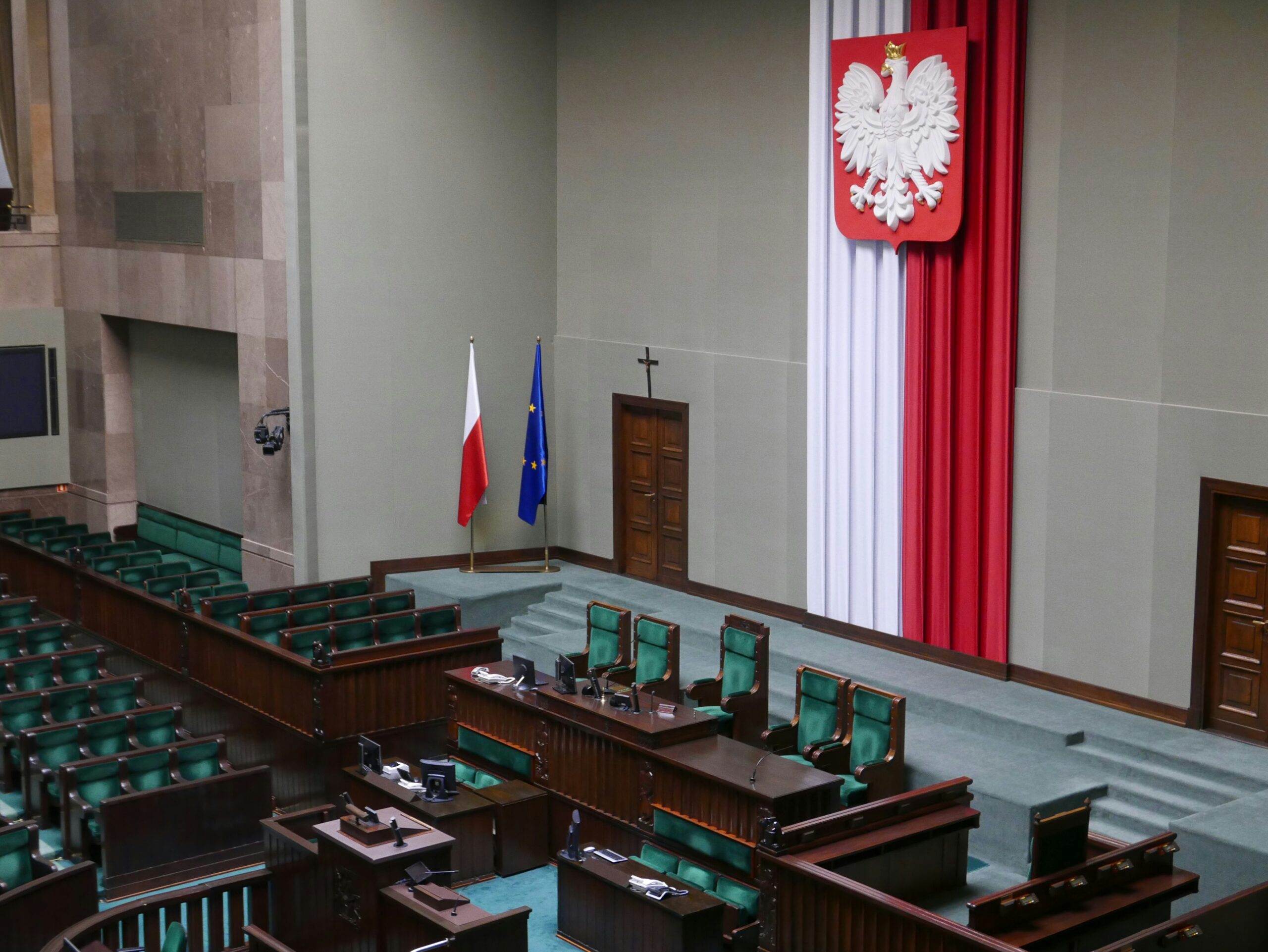
Poland’s Sejm Passes Bill To Lower Health Insurance Contributions
On April 4, 2025, the Sejm passed a bill to reduce health insurance contributions for approximately 2.5 million entrepreneurs in Poland, introducing a two-tier system that adjusts fees based on income levels. While the reform is expected to provide financial relief...
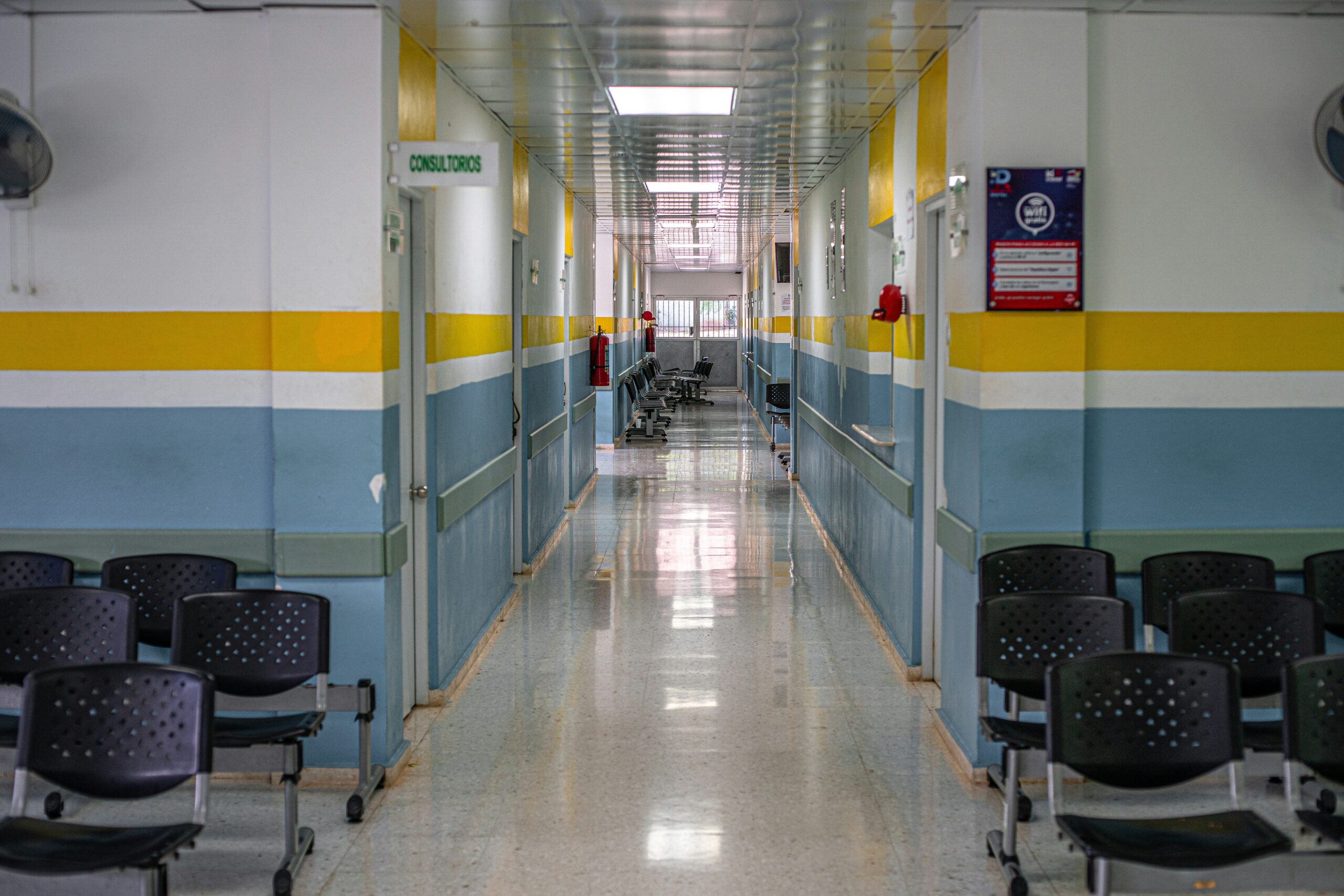
Australia’s health system in need of genuine reforms
Australia's healthcare system faces significant challenges, including financial barriers to accessing care, inadequate support for chronic conditions, and underfunded mental health and dental services. Urgent reforms are needed to ensure the system can effectively...
Taking stock of development assistance for health (DAH) in the 21st Century: Renewing our commitment
Over the past three decades, the world has made significant progress in improving population health, particularly in low- and lower-middle-income countries. Reductions in infant mortality and the disease burden among young children reflect both socioeconomic...
Government purchase of private health services in the Eastern Mediterranean region: opportunities and challenges for stewarding towards a universal health coverage focus
As countries across the Eastern Mediterranean region (EMR) increasingly rely on private providers to deliver health services, governments face growing pressure to ensure these purchasing arrangements align with Universal Health Coverage (UHC) goals. This article,...
A retrospective study of insurance coverage status and economic cost of rare diseases in Hainan Province
Rare diseases in Hainan Province pose a significant economic burden, with a rising prevalence and limited data available. A study from 2019 to 2023 found that 83.01% of the 4,975 diagnosed patients were insured, yet total economic costs escalated from 34.26 million...
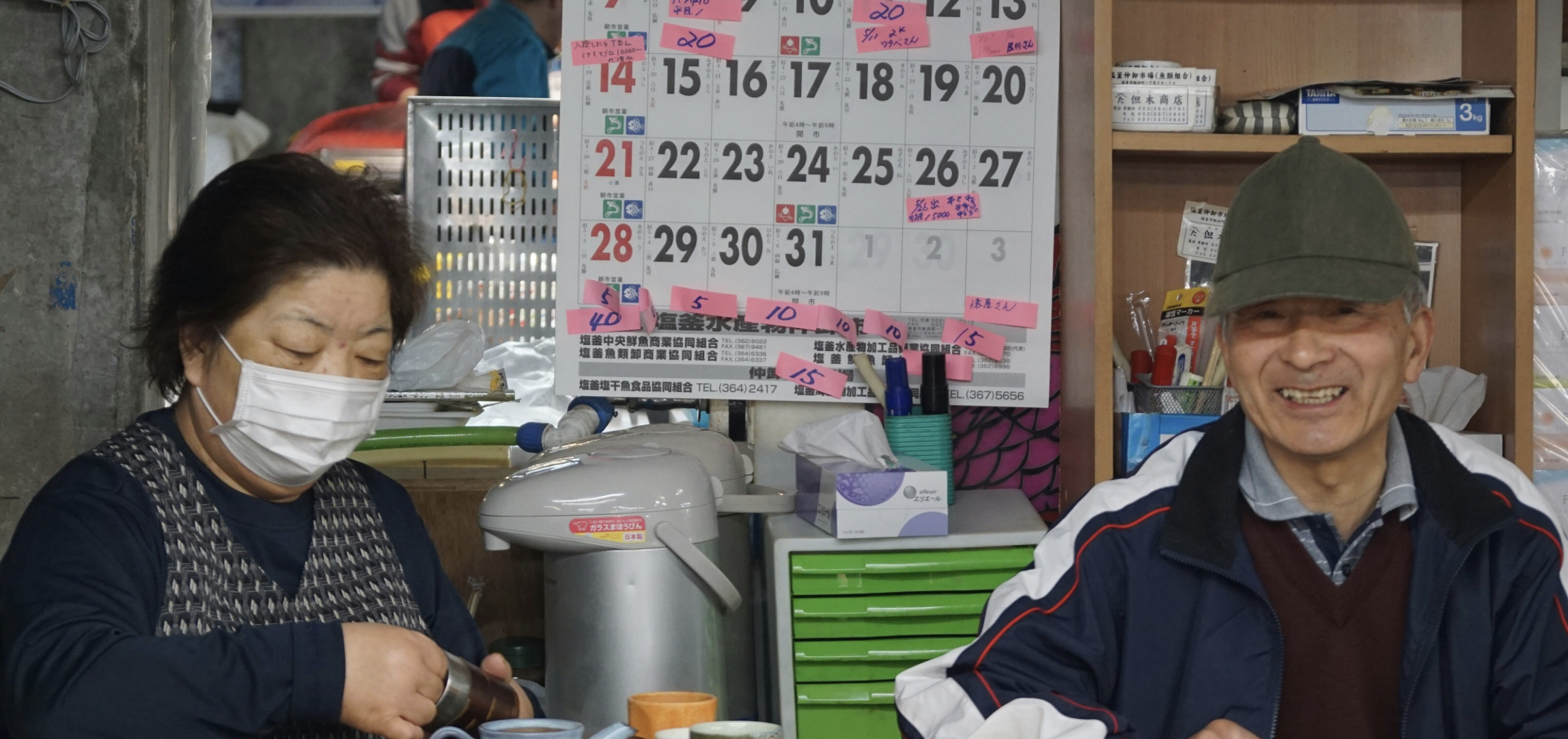
How Japan is building a resilient society through equitable healthcare
Japan's universal health insurance system, established in 1961, ensures equitable access to healthcare for all citizens, particularly as the country grapples with an aging population and rising healthcare costs. Recent policy updates aim to enhance efficiency and...
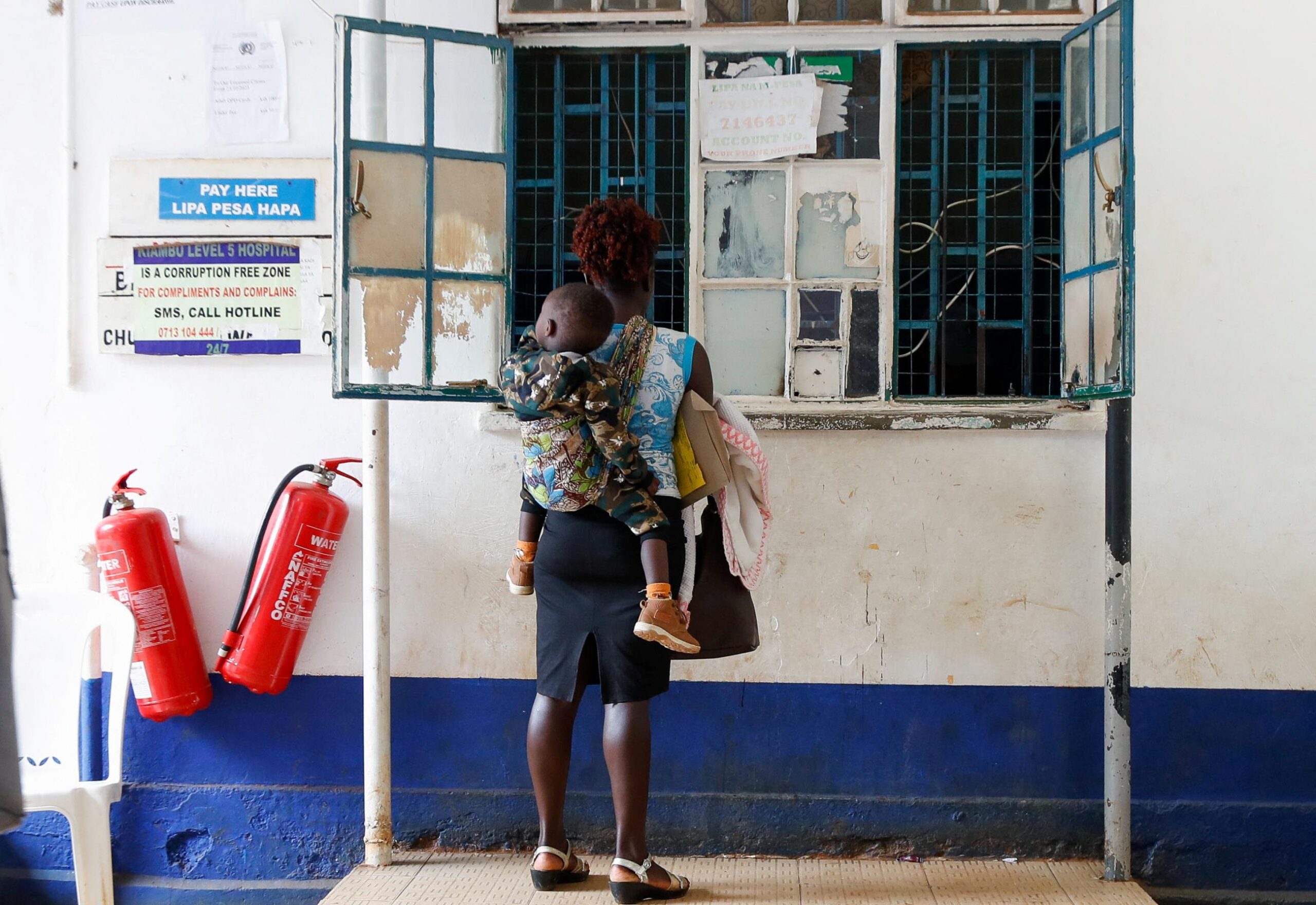
Prevention over cure: Three strategies to make Africa’s healthcare future sustainable
With foreign aid dwindling, African countries must prioritise disease prevention, vaccine production, and improved community healthcare to manage rising health costs and deadly disease burdens.As foreign aid to Africa declines, countries across the continent are being...

Renewing New Zealand’s Primary Care System
The report "The Heart of Healthcare: Renewing New Zealand's Primary Care System" highlights the economic benefits of investing in general practice, showing potential cost savings and improved patient care compared to emergency department visits.The report "The Heart...

Africa CDC to Pilot New Health Financing Options
Africa’s Centres for Disease Control and Prevention is launching innovative financing solutions to boost domestic health funding among member states, encouraging them to allocate at least 15% of their national budgets to health. This strategy includes piloting new...
Purchasing health care from the private sector: a primer for middle-income countries in the WHO European Region
In response to growing interest among middle-income countries in the WHO European Region to engage private health-care providers (PHPs) within publicly funded health systems, the WHO Barcelona Office for Health Systems Financing has developed this primer to support...
Financing essential medicines and health supplies in Pakistan
ThinkWell Pakistan has recently published a series of insightful fact sheets exploring how public health facilities in Pakistan procure and finance essential medicines and health supplies (EMHS), along with the bottlenecks they face at each step of the process....

Medical care in Honduras is confirmed to be free of charge in public services
Free medical care in Honduran public facilities is confirmed by the Ministry of Health. It also points out that there is an ongoing process of revision of texts to facilitate their application and transparency. In December 2024, the Honduran Ministry of Health...
Ministry of Public Health of Uruguay, Decree n. 287/2012.
In 2012, Uruguay's Ministry of Health issued a decree updating the categories of free care administered by the National Health Fund (FONSA). Certain vulnerable groups and beneficiaries affiliated by quota to the state health services administration (ASSE) can receive...
Financing intersectoral action for health: a systematic review of co-financing models
The research article by Finn McGuire, Lavanya Vijayasingham, Anna Vassall, Roy Small, Douglas Webb, Teresa Guthrie, and Michelle Remme published in the Journal of Globalization and Health explores how shared financing mechanisms can support collaborative efforts...

WHO launches plan for free child cancer medicines in Nepal
WHO has launched a platform to provide free cancer medicines to children in low- and middle-income countries, aiming to improve survival rates. The initiative, supported by St. Jude Children’s Research Hospital, plans to benefit around 5,000 children this year and...
